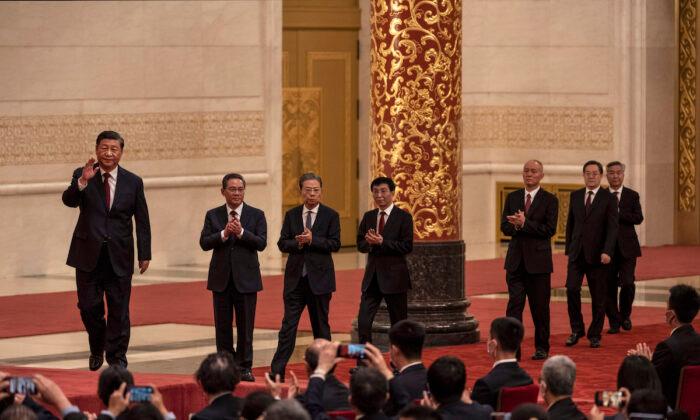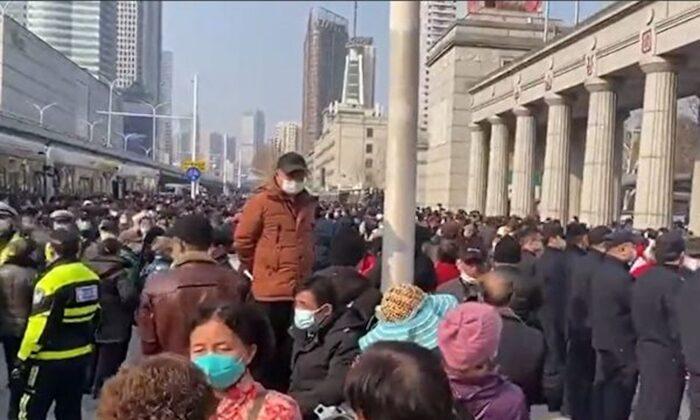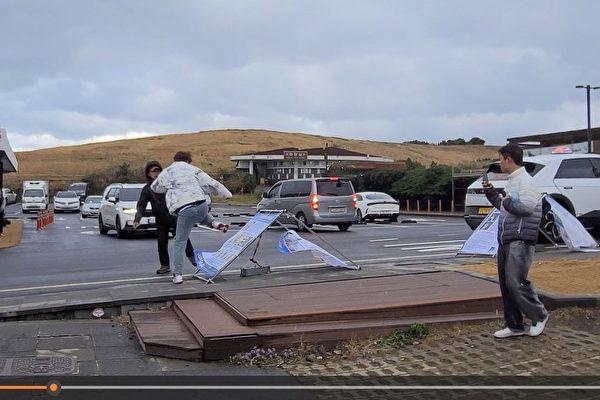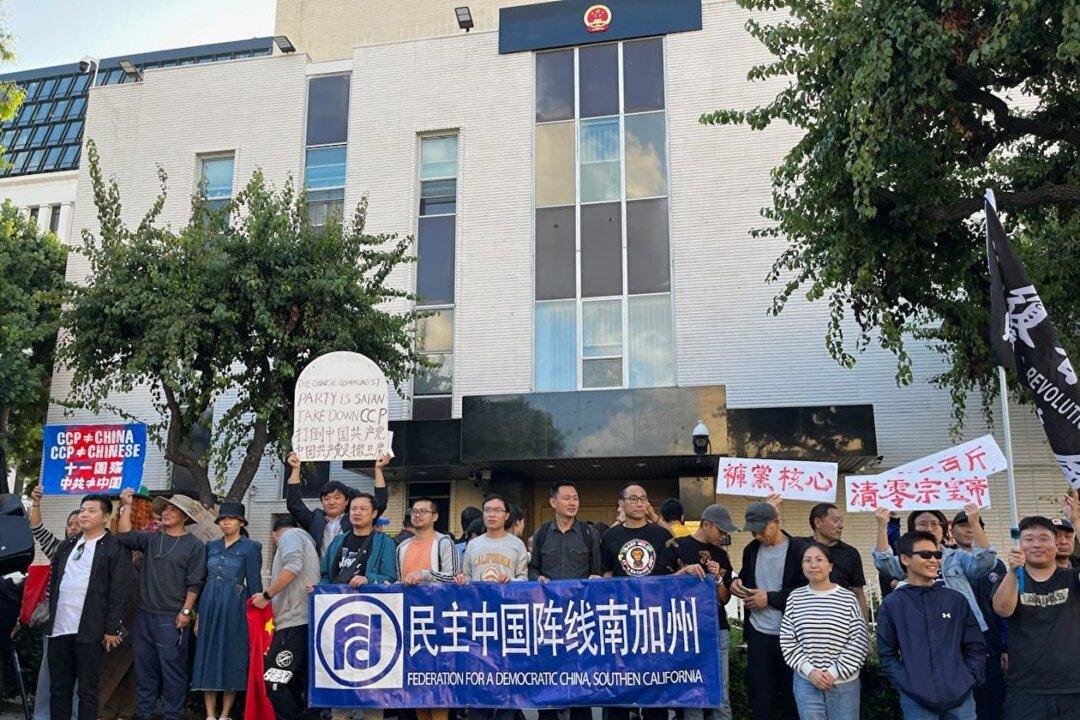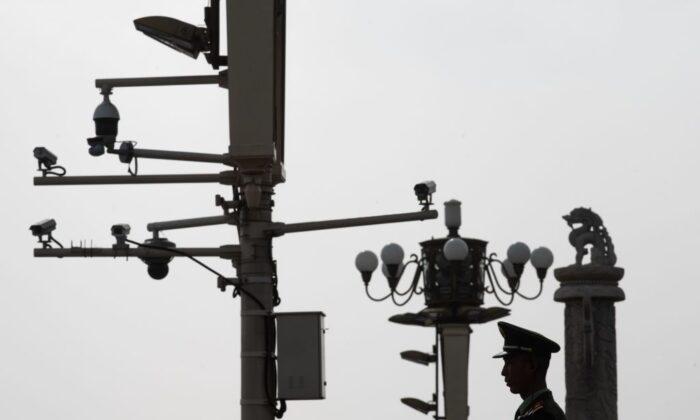China’s top anti-graft body recently announced that three of its own high-ranking officials are placed under investigation for “violations of disciplines and law.”
From May 30 to June 25, the CCDI probed three senior officials: Hao Zongqiang, deputy director of the propaganda department of the National Commission of Supervision (NCS), a supervisory arm under the CCDI; Liu Ran, deputy director of the Second Supervision and Inspection Office of NCS; Cui Yunan, senior researcher of the Thirteenth Review and Investigation Office.
Liu has been dismissed from public office and expelled from the CCP, while the other two officials are still under investigation “for suspected violation of the disciplines and law,” according to a notice on the watchdog’s official website.
Several other Chinese state-run media outlets call the three men “darkness under the lamp,” a Chinese expression to refer to something or a situation that is right under one’s nose but overlooked because one is preoccupied with other matters.
Other disciplinary officials at local government levels are also being probed.
From May 5 to June 6, four disciplinary officials in Inner Mongolia were removed from their posts and placed under investigation, including Ma Fengxia, director of the third supervision and inspection office of the Inner Mongolian supervisory commission; Mao Baolin, chief of the Inner Mongolian regional disciplinary inspection team stationed in the Bank of Inner Mongolia; Zhao Guangjiong, head of the Inner Mongolian regional disciplinary inspection team stationed in the Mengshang Bank; and Yu Yang, deputy director of the sixth supervision and inspection office of the Inner Mongolian regional disciplinary commission.
They are all being investigated for “suspected violation of disciplines and law,” according to the CCDI.
Lan Shu, a U.S.-based China current affairs commentator, told the Chinese language edition of The Epoch Times that Xi’s anti-corruption efforts have been ineffective, as the CCP places itself above and beyond Chinese law, leading to systemic corruption.
“Lower-ranking CCP officials copy the practices of their seniors and just ignore the law, which they think doesn’t apply to them,” he said.
“The CCP fights corruption while corruption spreads all the time within its officialdom,” Lan said, “That’s why the CCP claims that its anti-graft campaign is ‘always on the way.’
“Graft in China cannot be removed under the CCP’s systemic corruption.”
China observer Wang He holds a similar view. He previously told The Epoch Times that the CCP’s corruption is inherent throughout its system, including its disciplinary apparatus, because there is no effective supervisory mechanism in China.
“Corruption will not stop simply because a particular official is brought down,” Wang said.
Xiao Pei, deputy secretary of the CCDI, said in Beijing last October that, among the 5 million officials under investigation, 553 are senior Party officials at the deputy ministerial level and higher, who were directly selected and appointed by the CCP’s top decision-making body, the Central Committee.
